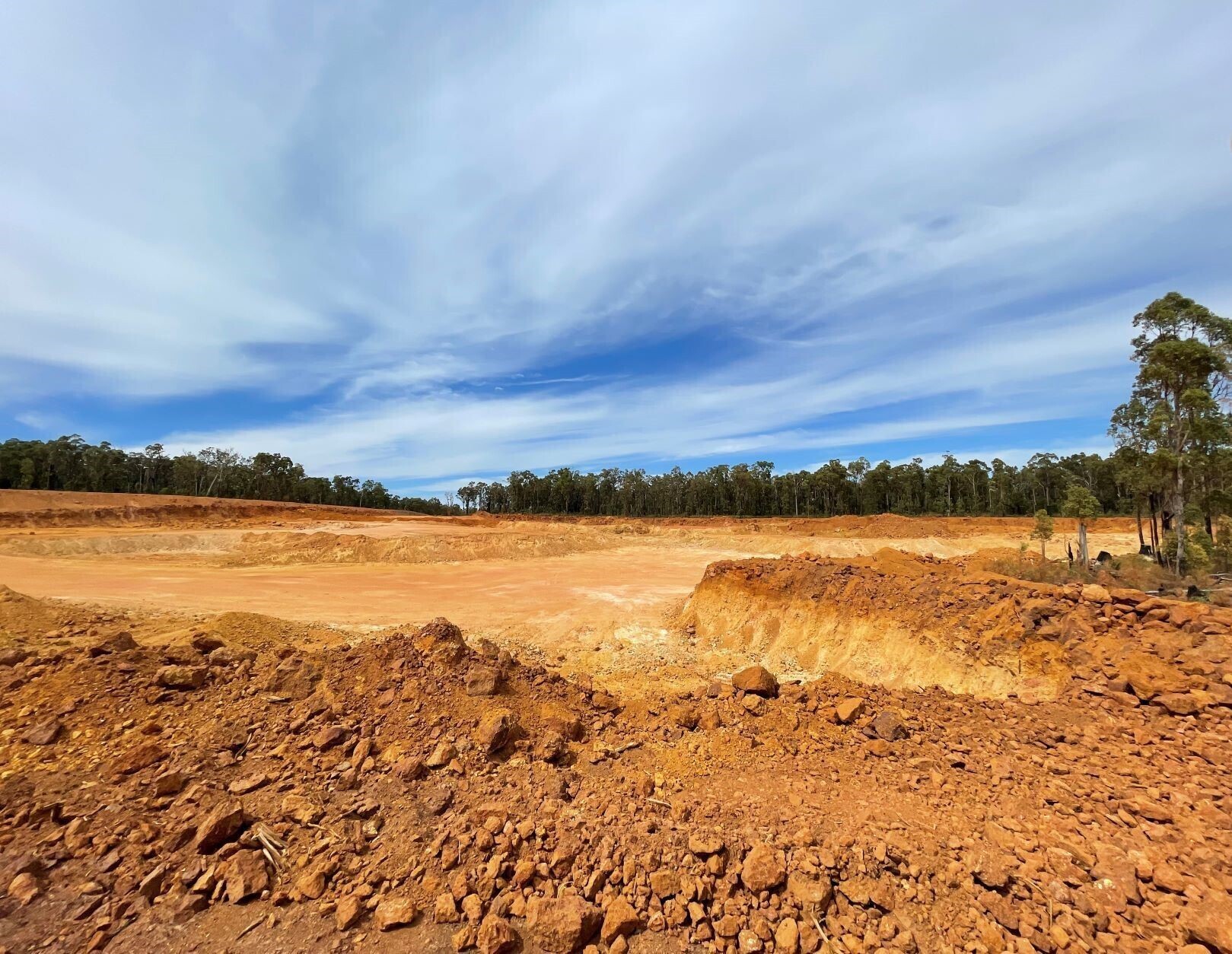您想继续阅读英文文章还
是切换到中文?
是切换到中文?

THINK ALUMINIUM THINK AL CIRCLE

US aluminium giant Alcoa’s proposed expansion plan of its bauxite mining operations near Perth has come to a crossroads where industrial growth, environmental responsibility and community expectations converge. As the essential raw material for aluminium – a metal central to modern infrastructure, transport, and technology – bauxite mining delivers wide industrial and community benefits. Still, specific projects occasionally bring to light environmental concerns, as seen in this case.
 Image for representational purposes only
Image for representational purposes only
According to an independent analysis of documents lodged with the Western Australian Environmental Protection Authority (EPA), the project could result in more than 1.3 billion tonnes of global greenhouse gas emissions over the project’s lifetime. The figure, which includes direct emissions in WA and indirect emissions from downstream aluminium smelting undertaken internationally, is around three times Australia’s yearly national emissions.
Greens WA MLC Jess Beckerling underlined the scale of the challenge, stating, “You cannot imagine a situation in which either the WA state government or the federal government would be considering opening another 17 to 18 new coal-fired power stations as we’re trying to reach net zero by 2050.”
Community pushback
Alcoa has been mining in WA’s rare jarrah forests for decades since the 1960s, which is another biodiversity hotspot and also contains Perth’s water catchments. Mundaring, Kalamunda and Armadale councils have passed motions opposing the expansions.
Mundaring Shire President Paige McNeil emphasised local concerns, saying, “Our community told us that the health of our water catchment and the unique environment of the Perth Hills must be protected for future generations. Our community is not willing to accept exploration drilling that could lead to the mining of our unique jarrah forest.”
Kalamunda Mayor Margaret Thomas added, "The City objects to the proposed mining activities and, as part of the motion, will prepare a submission to the Government of Western Australia." The city will also engage neighbouring local governments, including the Shire of Mundaring, City of Gosnells, City of Armadale and Shire of Serpentine-Jarrahdale, to explore opportunities for joint advocacy."
Also read: A Comprehensive Analysis of Bauxite Residue - Red Mud
Aluminium giant Alcoa’s market position
Alcoa has stated that the bulk of projected emissions are Scope 3 from smelting by other companies in overseas countries, which does not count towards Australia’s net zero target. An Alcoa spokesperson said they expect Scope 1 and 2 emissions in WA to decline over time as green technologies are developed.
Kane Moyle, Alcoa’s director of regulatory approvals, downplayed assumptions of immediate mining in new exploration zones. “Any proposal to mine would involve rigorous consultation, assessment and, in fact, approval before we could do so. These tractors weave their way through the forest and are specifically designed to have a very low impact.”
The company also defended its rehabilitation work. While critics, including peer-reviewed studies, have described results as “substandard”, Alcoa insists it is restoring jarrah-marri ecosystems in already disturbed landscapes.
Expansion with adjustments
During its submissions, Alcoa highlights decades of research regarding social and environmental impacts. In order to address community sensitivities, it has replanned its envelope to omit 2,600 hectares of highly sensitive area, including parts of the Bibbulmun Track, Sullivan Rock Trail, and permanent campsites, whilst maintaining access to the Munda Biddi Trail.
Alcoa also mentions that it has a ‘world-class rehabilitation programme’, stating there are 2.03 hectares of active rehabilitation for every hectare being mined, and speaks about working with universities as well as conservation groups.
Balancing industry and ecology
The debate surrounding Alcoa's expansion demonstrates the tensions created when WA is a world-leading bauxite supplier yet incurs local costs in climate and biodiversity. The EPA's recommended decision, followed by the WA government's, will test how much industrial development can occur in fragile ecosystems while being net-zero compliant.
Also read: Advanced Industrial Technologies in the ALuminium Industry
Responses








